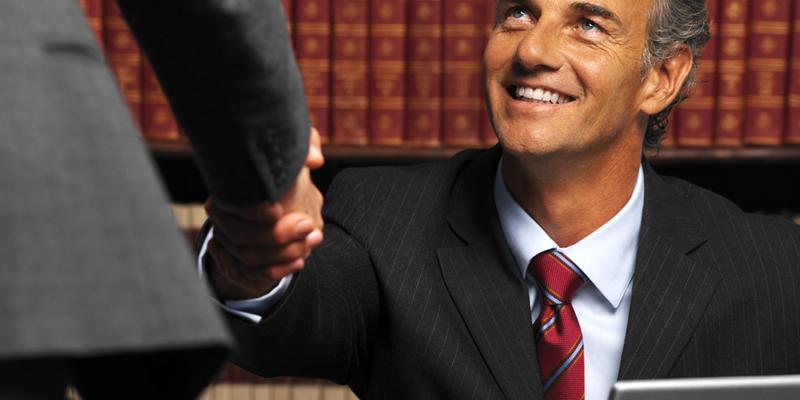
Sexual Abuse Lawyers
Sexual Abuse is a crime, and the perpetrators can be held criminal responsible and sent to jail. But, they can also be held civilly liable and forced to pay for the damages they cause to their victims. Although nothing can repair the trauma and pain survivors face on a daily basis, the law does provide for recovery for a wide array of categories including ongoing treatment and counseling, pain and suffering, and others.
Sadly, children are especially vulnerable to these predators. Incurring this type of trauma during a person’s formative years can have lasting consequences and require ongoing assistance. As Sexual Abuse lawyers, we work to help clients receive the compensation they are entitled to for this horrendous crime. Although nothing can take away what happened, we can at least help you obtain what relief the system does offer.
Unlike other types of injury, sexual abuse often includes feelings of shame, embarrassment, and fear. Telling one person can be terrifying, let along reliving the horrific experience in front of an entire court room. But holding abusers and their institutions accountable is important, and can sometimes help with the healing process.
But the decision to hire a sexual abuse lawyer and pursue a case is very personal, and has to be something you are comfortable with. Ultimately, the decision has to be yours and yours alone. If we can help by offering legal advise or with an explanation of the legal process, it would be our pleasure.
Survivors of sexual abuse face unique hurdles in seeking justice, but a dedicated and knowledgable attorney can make a major difference. If you or someone you know has been a victim of sexual abuse, please contact an attorney immediately. As with any injury case, the statute of limitations can prove to be an impossible hurdle to overcome if survivors wait too long.



